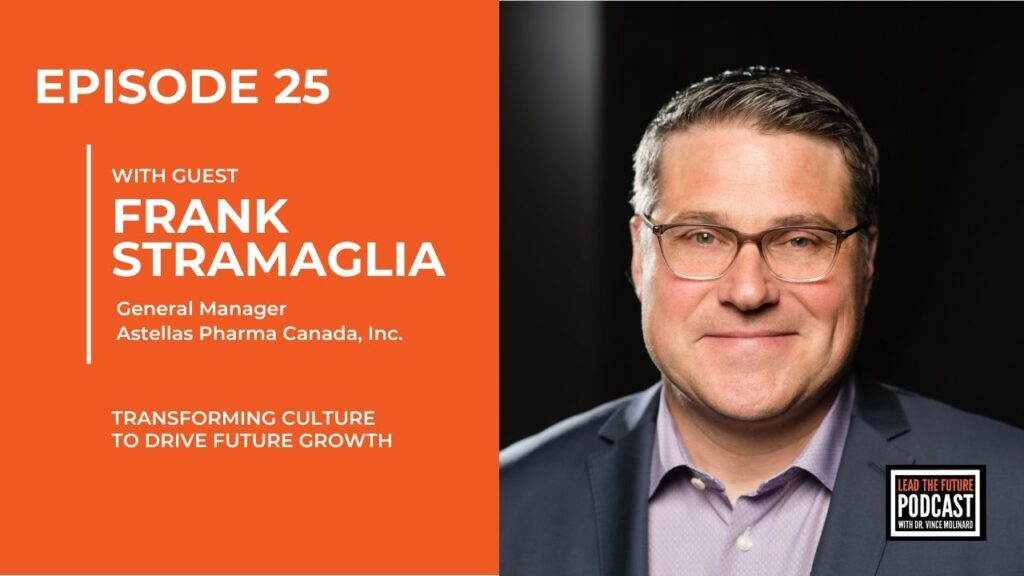On a recent trip to Brazil, I was reminded of just how important it is for good leaders to act, and act urgently, when they see a problem that needs to be fixed.
My reminder came this past week as I was delivering the keynote address at the ExpoGestao, one of Brazil’s largest leadership conferences. That same evening, I was invited to take part in a special dinner with many CEOs, ambassadors and other dignitaries.
During the dinner, I sat next to Victor, a CEO of a large industrial company who had been in his role for two years. It was his first C-suite level job.
I was curious to find out what his top two or three priorities were for his company. He told me it was to create a culture of ownership and accountability among his leaders. Given my work promoting The Leadership Contract, I could only smile. This was a guy who got it.
As I shared the core ideas from my books with Victor, he really started to open up even more about his current challenges.
Victor admitted that, to date, his biggest struggles have come from people issues.
One of the first tasks of any new CEO is to size up the executive team. After being named CEO, Victor took that on immediately by interviewing all senior executives. At the end of that process, he felt fairly confident about all of them—except one. Victor’s gut told him this executive had to go, largely because this leader was not qualified to help him lead the company into the future.
However, when he went to the Chair of the Board (the former CEO of the company) and the head of Human Resources and recommended exiting this leader, he immediately faced resistance.
Both the board chair and CHRO said that the company had a legacy of treating employees like family. They took care of their people, even if they weren’t strong performers. Getting rid of people was not part of the company’s DNA.
Victor was surprised and frustrated by the pushback. The board chair and CHRO did agree to some remedial strategies, such as conducting a 360-degree assessment of the leader. Victor did that. The data confirmed his own initial assessment.
Once again, Victor went to his superiors and recommended a termination. This time, the board chair instructed him to move the underperforming executive to another division. After only a few months, that move completely backfired. It was a disaster. Finally, Victor got the go-ahead for a termination.
As he shared the story, Victor was clearly re-living his frustration.
When I asked him what he learned through this experience, Victor said it was the critical need for speed when dealing with people who are struggling in their roles.
Victor said it took 18 months from his first recommendation to final termination of the executive. And there was more. Once the leader left, Victor had to conduct a search, which would take another six to nine months. Then, the new leader would need anywhere from six to 12 months to be fully integrated into the company.
In total, it was almost four years of squandered time. In essence, robbing the future for Victor and his company.
By keeping that leader in the company, he felt it had perpetuated mediocrity. It frustrated the people who reported in to him.
Can you relate to this story?
Victor talked about the pressures he faces on a daily basis to drive high performance. He noted that speed and urgency are critical if he is to make progress. As a result of this experience, he made it clear to his board chair and head of human resources that this would never happen again. With so much at stake, wasting four years is unacceptable.
I’ve talked to a lot of leaders, some who have had similar experiences, and others who slow down progress, squander precious time, and in turn, result in them robbing their future.
What are you experiencing in your own role? What tough issues are you putting off or avoiding, which are causing you to rob your own future? The more you put these off, the longer it takes for you to do what’s necessary to drive the growth of your company.
Here are two other things I’d like to bring to your attention:
- My two new books, The Leadership Contract (3rd edition) and The Leadership Contract Field Guide are now available.
- I’m conducting a survey to understand what drives people crazy about working for mediocre leaders. I would appreciate you taking a few minutes to provide your perspectives.
Are you robbing your future?
Gut Check For Leaders








